Being a Girls' Generation fan was like watching the longest movie ever. The suspense of their entire disco-cinematography was the wait in between releases, having their record label tease us fans with photos, audio snippets, and music video trailers.

Every music video was a blingy, glitzy audiovisual climax heaven of surreal saturated colors, primed marble skin, and girls dressed to the 9s. I felt like I was one of them. I felt like they were my friends - my friends who lived abroad, and every time they came to visit me, they came back cooler, prettier, and richer than ever. Their songs and its messages gave me courage, validated my romantic insecurities, and urged me to keep going. I acted as if I were a part of their group because I was. I was a SONE ("so-one/won"), the name of their fandom, which means "wish" in Korean.
For the longest time, I lived for their music. Whenever I had a bad day, I would just think, the girls are bound to come back soon. They will have new music coming out. It was as if the other groups in the industry were mere stand-ins for them, distractions, quick fixes for the real thing. It is no doubt that Girls' Generation was the girl group that provided the template that other Korean labels followed, and at one point, there were over 200 active girl groups in the Korean pop industry, all wanting to be like them--the nation's it girls. That trend is still not over. A new television competition show will pull 500 members from "failed" groups to create one mega-group, in hopes to recreate the incomparable success that was Girls' Generation. But at the end of it all, they will still only be mere imitations of the real thing.
In all honesty, I didn't like them when they first came out. Wonder Girls, who had released their debut song "Irony" more than a few months prior, seemed like a more mature, a more AMERICAN band. Their sound was dark toned and R&B influenced, singing about a two-timing man like an American would. Girls' Generation, however, came out with "Into the New World" and was marketed as pure, virginal girls (a popular marketing move, making the girls easier to "reinvent") singing about unwavering, devoted love--a distinct and very Korean taste. Their sound was a bit like a church choir pop group but was evened out with remarkably synchronized dancing. Both groups had soul no doubt, which was lacking in the Japanese and Chinese markets.
K-POP enthusiasts and veteran fans will not argue the fact that the Wonder Girls was the more popular, more successful band in the early days, as Girls' Generation was going through their understandably more "awkward" Korean-friendly cute phase, an image that older Koreans liked and preferred. The Wonder Girls' label, JYP Entertainment, after seeing their initial success and popularity, believed there was potential for their success to translate to the American market. Like many, numerous stars have previously attempted, their shine faded in the Asian-American crossover and against the American backdrop.
During those 3 years that the Wonder Girls toured in America and released a lackluster heavily accented English single, Girls' Generation came out with back to back hits that cemented their position in KPOP history and the international market. "Gee" was a hyper and diabetically sweet track that captured that cute image that Koreans loved, and paired it with a girl-next-door maturity that made it easily consumable. It was unlike anything I have ever heard in America, or in Japan. That hook was unforgettable and the choreography set the standard for many years to come. Simply put, it was viral.

The follow-up single "Genie" matured the girls into young women. While the chorus was not as grappling as "Gee", the hook was the dance, a synchronized, leggy number in a time when the Korean Communications Commission banned midriffs for the sake of keeping the nation wholesome. It wasn't long before the girls took over Southeast Asia, as their songs and images were found in China, Japan, Thailand, Singapore, the Philippines, and more. International fans even hailed from unassuming places such as Latin America and the Arabian Peninsula, where no one would have thought KPOP would reach 20 years ago. The irony of the situation was that Girls' Generation didn't have to leave their home country in order to reach markets abroad. They only did what they knew best - perform Korean music.
When the Wonder Girls came back to Korea from the US, they lost their momentum. Their songs were good, even better than their competition, but they never quite captured the same high they once had. After a few members left and were replaced, the girls revealed that their CEO began to neglect them, focusing on newer groups, and that's when I realized how dispensable a group was to a record label, even a pioneering group like the Wonder Girls. They were products for mass consumption, and when numbers fall and sales decline, it's a major hint for label heads to devote their resources to newer talent. During the Wonder Girls' last album promotions, the members mentioned that they composed a majority of the songs themselves, without the help from their label, and what was telling of their declining popularity was that they performed in earlier timeslots during music festivals, when major headliners like Girls' Generation would be the last and final act of the show.

When 3 members of Girls' Generation announced their departure from their label, I was stunned in a way that I hadn't been in years. I carried this group with me since my high school graduation til now. "Gee" came out in 2009 when I was a junior and I remember jumping on the hostel computer in Marrakesh so I could listen to "HOOT". I took the "MR.MR" and "Galaxy Supernova" well into my working years in New York. They were the idols of my youth, and now they were fragmented, just like the Wonder Girls had suffered through.
Nothing lasts forever, although we wish many things would. Their name "Girls' Generation" is a very loose interpretation from their Korean name So Nyeo Shi Dae (SNSD), which more accurately translates to "The Era of the Maidens," which is about 10 times more epic than their watered-down English translation. The girls began their journey as pop idols when they were 16 - 18 years old and now they are all approaching their 30s. Many of the members have said that they've spent all of their youth on Girls' Generation. Is it finally time and appropriate for them to retire and become adults, get married, and start families? - milestones that are hard to achieve for starlets constantly in the limelight, hungry for sleep with tightly packed schedules. For me, it only nudges at my own growth as well. How long are we able to sing and dance on a stage? How long can we listen to saccharine pop songs? This hiatus, or disbandment, is not only symbolic for the girls, but for the fans as well. Perhaps the age of our youth is really coming to an end.

As their name suggests, the creation of Girls' Generation truly did bring about a generation of young girls in the Korean pop industry, a phenomenon that inspired companies to create pop groups at a rapid pace in a mass manufacturing fashion. K-POP has grown at an exponential rate where countless young hopefuls have banded in groups put together by record labels, many of which are newly formed, hoping they can be the "next Girls' Generation". Although the legendary group may not be active for years to come, their spirit lives on in these younger groups. I'm not sure what the future will bring but I am excited to hear more music and have the pop sound be refined in future generations. I will miss them as I related to them the most but they deserve the time off. They represented who I wanted to be and how I wanted to live my life - to have and grow with beautiful, talented, and successful friends. As Michael Jackson inspired many musicians further down the road, these ladies most definitely have done the same.
SEE ALSO: Na Young Seok hailed for stopping drunk passenger mid-flight

 SHARE
SHARE


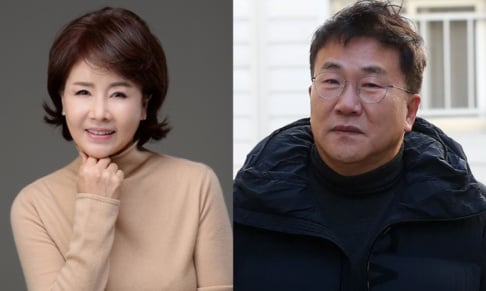




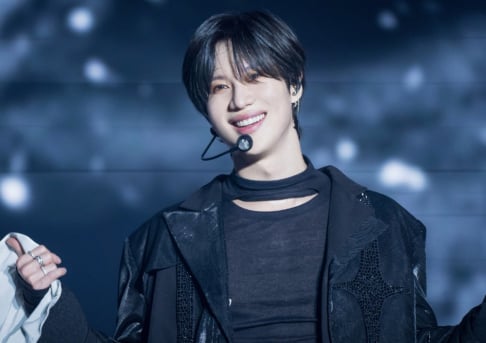
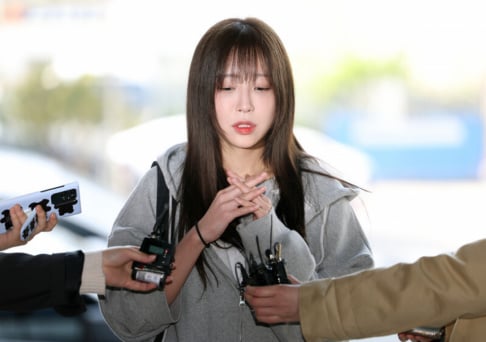
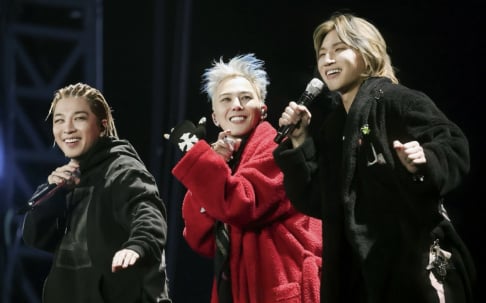
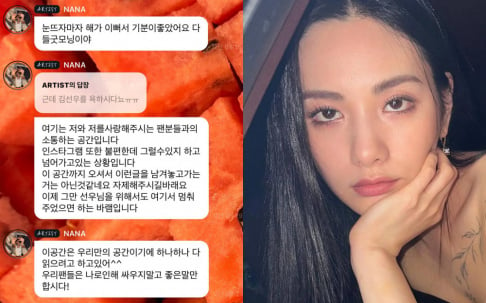


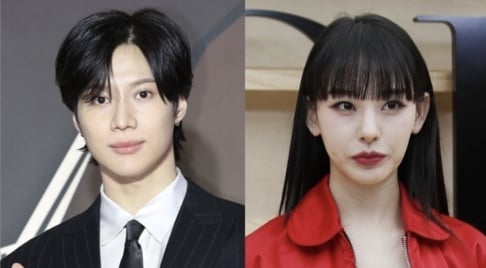
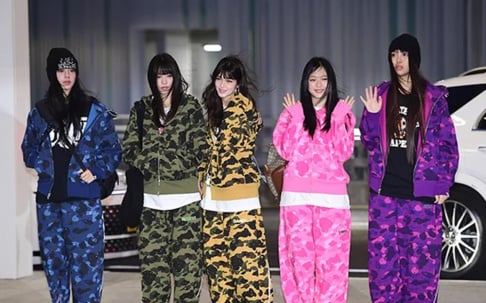





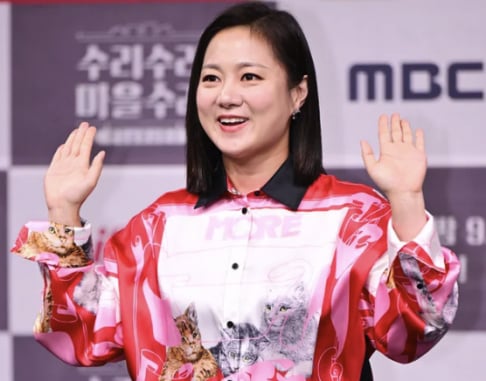






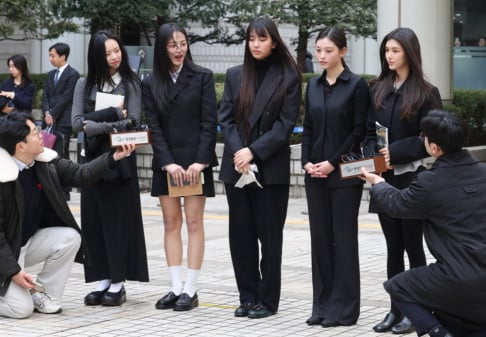
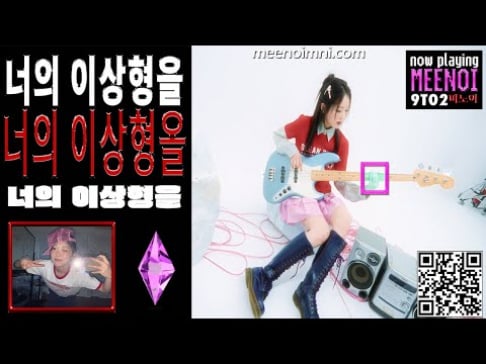





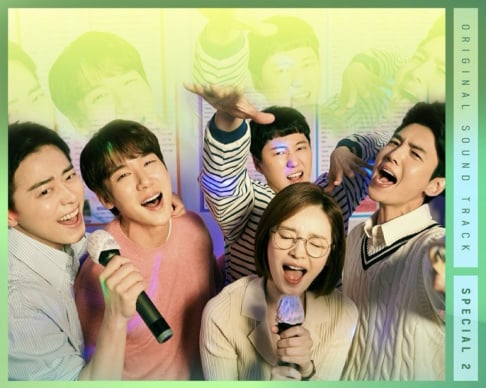
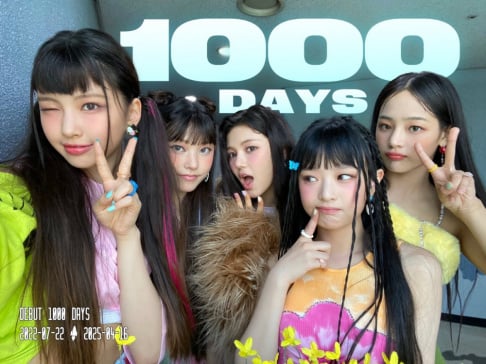

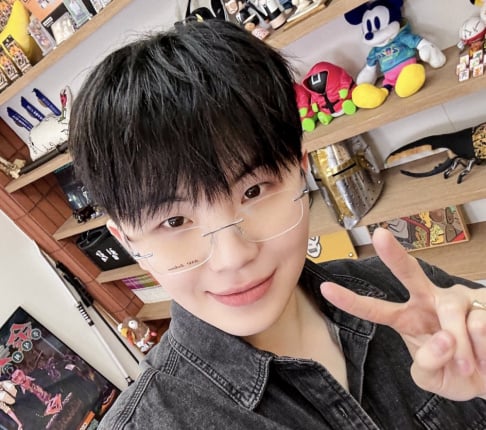


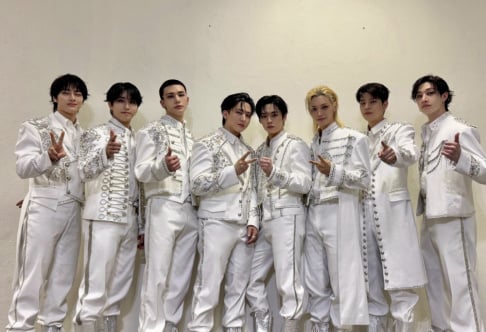
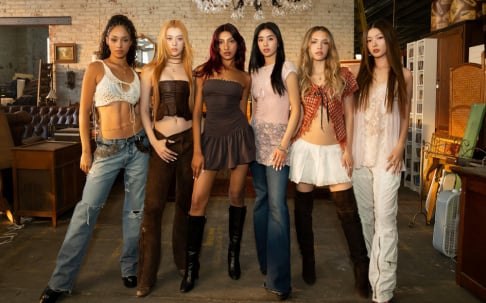
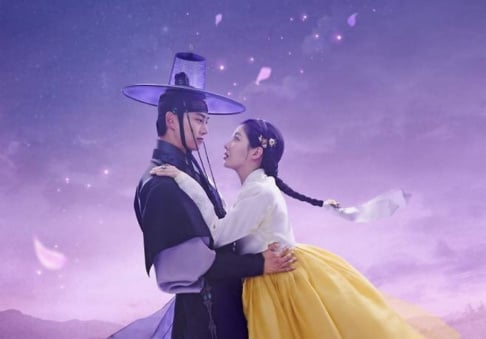






Log in to comment